Powering Potential
The Kuni Foundation believes in the power of human potential. We invest in scientists who advance cancer research and accelerate the inclusion of people who experience intellectual and developmental disabilities.
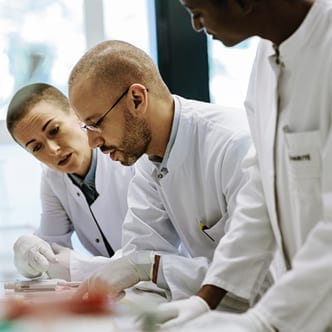

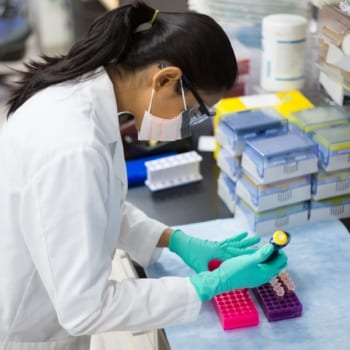
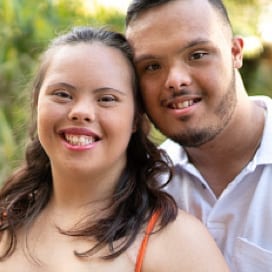
Our Approach
We advance and shine light on human potential.
We listen to learn, and welcome insights from a diverse range of perspectives, including those with lived experience. In collaboration with our community, we strive to better understand needs and aspirations, explore solutions and accelerate impactful change.
Focus Areas
Reflecting the legacy of our founders, we seek lasting change by listening, learning and activating possibility. Our vision is a world without cancer and a community where people who experience IDD are visible, valued and included. We do this work with two key focus areas:
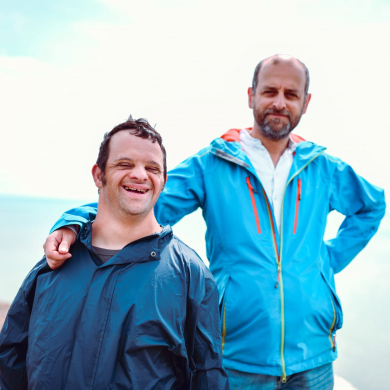

How We Work
We activate our promise to the communities we serve in three key ways:
Grants
Grants for Organizations that Support and Enhance the Lives of Individuals with Intellectual and Developmental Disabilities and Cancer Research.
Advocacy
The Kuni Foundation advocates for person-centered housing options, justice and inclusion in the IDD community.
Impact Investing
We amplify our support for person-focused IDD housing and innovative cancer research through program-related investments and direct investments.


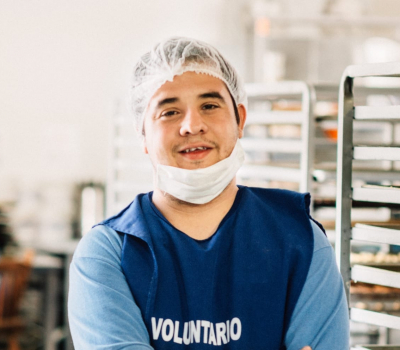

Stories of Impact
From the people and communities supporting individuals with IDD to progress in cancer research, our stories of impact highlight the most groundbreaking work.
Data Study
The needs of the disability community are overlooked and left out conversations and decisions.
After decades of poor planning, minimal options, years-long waiting lists and declining funding, individuals and their families are in crisis. This study exposes how underreporting and old data have converged to create the perfect storm of instability and need for individuals who experience IDD.
